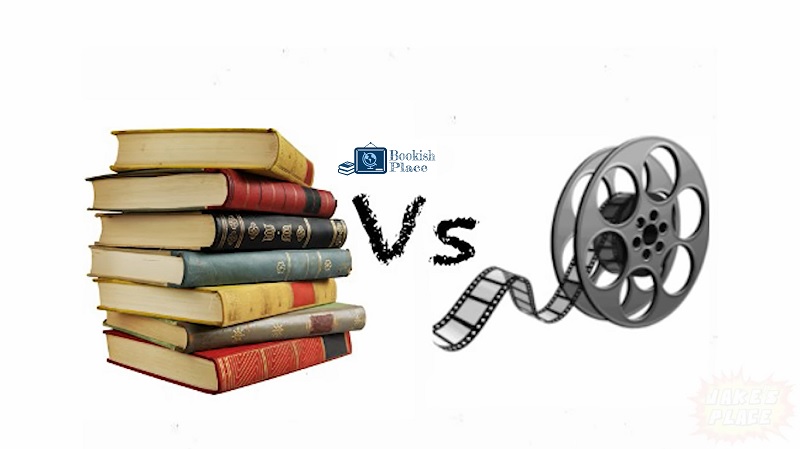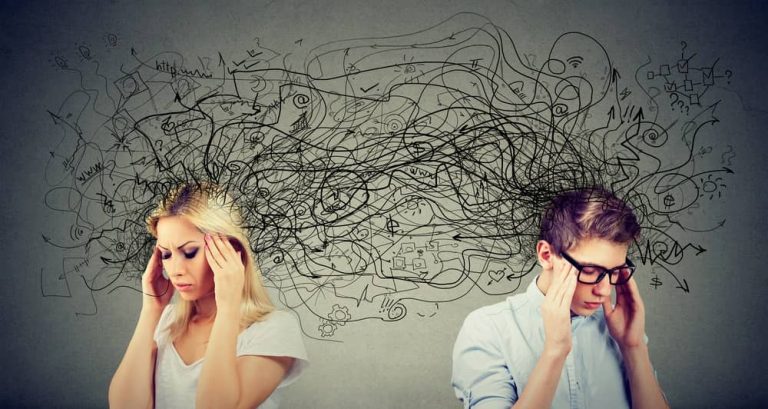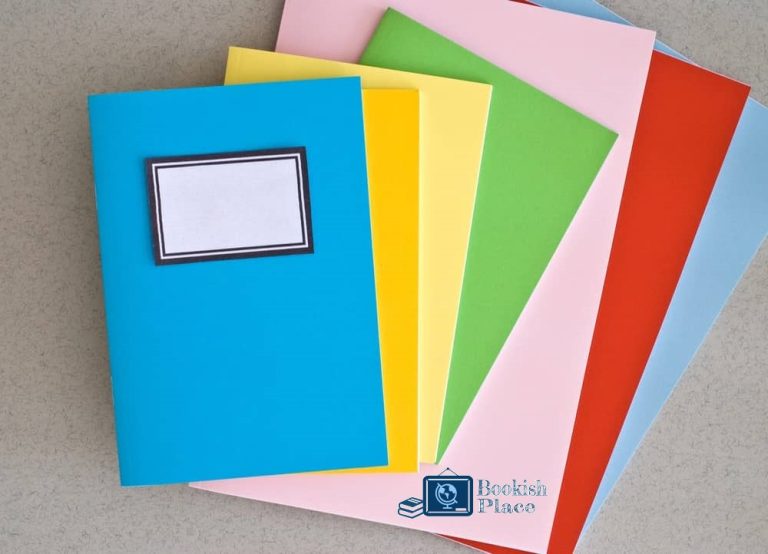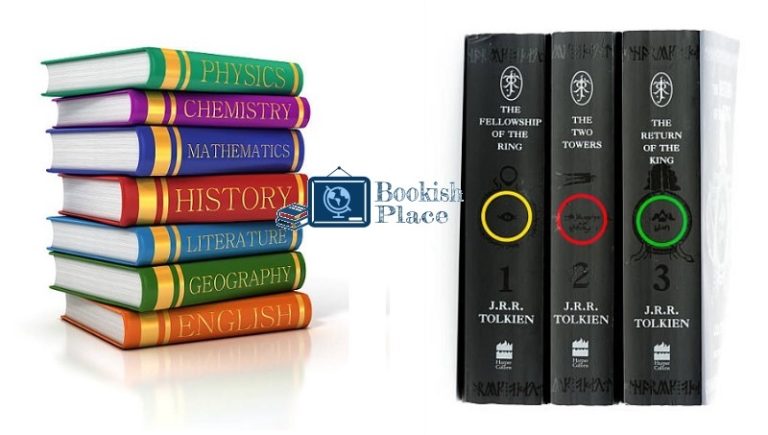To Watch or to Read: The Great Debate of Books vs. Movies
The debate between books vs. movies has been raging for decades. Some people prefer the immersive experience of reading a good book, while others enjoy the visual and auditory spectacle of a blockbuster movie. While both mediums have their own unique advantages and disadvantages, there is no denying that they both offer a powerful and engaging way to tell a story.
In this article, we will explore the pros and cons of both books and movies and delve into the reasons why some people prefer one medium over the other. We will also examine the impact that film adaptations have had on the literary world, and how books and movies have influenced and inspired each other over the years.
Through this exploration, we hope to provide a better understanding of the book vs. movie debate and help readers decide which medium they prefer. Whether you’re a die-hard bookworm or a film buff, there’s no denying that both books and movies have a place in our cultural landscape. So sit back, relax, and join us as we explore the great debate of book vs. movie.
Contents
Book Vs Movie: Compare And Contrast
Books vs. movies: The age-old debate. Here’s a chart summarizing the key differences between books and movies:
Books | Movies |
Provides a deep, immersive experience. | Offers a unique cinematic experience. |
Allows readers to fully engage with the story and characters. | Allows viewers to sit back and enjoy the spectacle. |
Stimulates the imagination and encourages critical thinking. | Provides visual and auditory stimulation. |
Offers a wider range of detail and backstory. | Typically offers a more streamlined plot. |
May take longer to consume and require more effort from the reader. | Can be consumed more quickly and easily. |
Provides more opportunities for character development. | Can struggle to capture the essence of the book. |
Readers can imagine the characters and settings in their own way. | Characters and settings are visualized for the viewer. |
Can be read at one's own pace. | Must be consumed at the pace of the movie. |
Film adaptations can influence book sales. | Book sales can influence movie adaptations. |
The success of movie adaptations can depend on the skills of the director and screenwriter. | The success of book adaptations can depend on the originality and quality of the source material. |
These are just a few of the many differences between books and movies, and there is no right or wrong choice when it comes to deciding which medium you prefer. It ultimately comes down to personal preference and what you enjoy most in a story.
The Advantages of Reading a Book Over Watching a Movie
Books and movies are two very different forms of media. While movies can be visually stunning and entertaining, books offer a deeper, more immersive experience that simply can’t be replicated on the big screen. In this section, we’ll explore some of the key advantages of reading a book over watching a movie and find out the reasons why good books are better than movies.
Reading a book offers a more immersive experience than a movie, as it allows readers to delve deeper into the story and form a stronger connection to the characters. With more extensive descriptions of people, places, and events, readers can visualize the story in their own way and bring their own experiences and perspectives to the reading experience. This personal connection is not possible with a movie, which visualizes the story for the viewer.

Reading also has cognitive benefits, improving memory, focus, and concentration, as readers actively process and make connections between story elements. Additionally, reading expands vocabulary and language skills, exposing readers to a wider range of words and sentence structures.
While movies have their own unique advantages, such as a cinematic experience and visual and auditory stimulation, reading a book offers a deeper, more engaging experience that cannot be matched by any other medium. Overall, the benefits of reading make it an essential and highly rewarding activity.
The Advantages of Watching a Movie Over Reading a Book
While there are numerous advantages to reading a book, there are also many reasons why watching a movie can be a more enjoyable and fulfilling experience. In this section, we’ll explore some of the key advantages of watching a movie over reading a book and find out the reasons why movies are better than books.
Movies have a distinct advantage over books due to their visual medium, which can create stunning visuals, deliver visceral impacts, and transport viewers to different worlds. Movies are also more convenient than books, as they require less time and effort to enjoy. Additionally, movies are accessible to a broader audience, including young children and those with limited literacy skills.
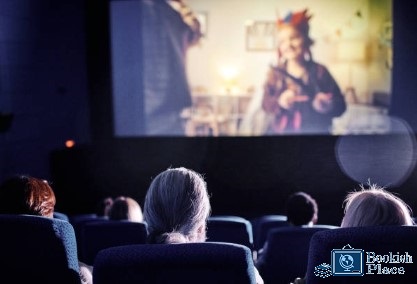
Finally, movies offer a shared experience that can bond friends and family and create lasting memories. While books offer a deeper, more immersive experience and can improve cognitive functioning and language skills, movies should not be overlooked. Movies are an essential and valuable part of our culture, and their unique advantages should be appreciated.
The Importance of Originality: The Book vs. Movie Debate
The importance of originality is a crucial factor in the debate of book vs. movie. Books and movies require originality to stand out in their respective mediums.
In books, originality is crucial to the success of the story, as readers are looking for something new and fresh. Authors who can deliver original and compelling stories are more likely to attract a loyal following of readers.
On the other hand, movies need to offer something unique and different from what has come before to succeed in a crowded marketplace. Audiences want to be entertained and challenged, to see something they haven’t seen before. The challenge lies in adapting a book for the screen, as movies need to capture the essence of the original story while also offering something new and original to viewers. A successful movie adaptation captures the spirit of the original story while also offering something fresh and unique to the audience.
Overall, originality is crucial for both books and movies to be successful and memorable.
The Impact of Film Adaptations on Book Sales
Film adaptations of books have become common in the entertainment industry, and their impact on book sales is significant. A successful movie adaptation can result in a surge of book sales and increased attention for the author. However, a poorly received adaptation can damage the reputation of the source material and turn potential readers away.
The impact of film adaptations on book sales can also vary depending on the genre of the book, with young adult novels having a particularly strong impact. A successful adaptation can also lead to increased interest in the author and their other works.
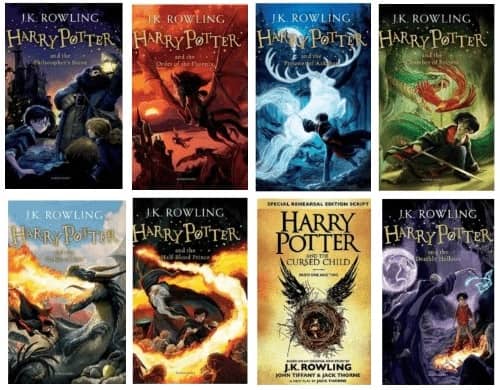
Nonetheless, the relationship between books and movies is complex, and a delicate balance must be struck between staying true to the source material and offering something new and original.
Despite the challenges, it is clear that the relationship between books and movies is important, with each medium having the potential to influence and enhance the other.
Comparing the Popularity of Books and Movies: A Statistical Analysis
This section explores the popularity of books and movies by analyzing sales figures and audience engagement.
According to the Association of American Publishers, book sales in the US reached $25.8 billion in 2020, while global box office revenue for movies was $42.2 billion in 2019. However, these figures are not necessarily indicative of overall popularity, as the success of a book or movie can depend on various factors such as genre and marketing.
In terms of audience engagement, a survey by the Pew Research Center found that 65% of American adults reported reading a book in print or digital format in 2019, while data from the Motion Picture Association shows that the average US moviegoer attended about 5 movies in theaters in 2019.
Nonetheless, it is important to note that reading books and watching movies are not mutually exclusive activities, and personal preference and taste play a significant role in determining the popularity of these two forms of entertainment.
Ultimately, both books and movies have the potential to provide enjoyable and meaningful experiences for viewers and readers alike.
Why Some Movies Fail to Capture the Essence of the Book
Movie adaptations of books often face challenges in capturing the essence of the original work. The biggest challenge is condensing the story into a shorter running time, which can result in a movie that feels rushed or incomplete, with important plot points or character development left out.
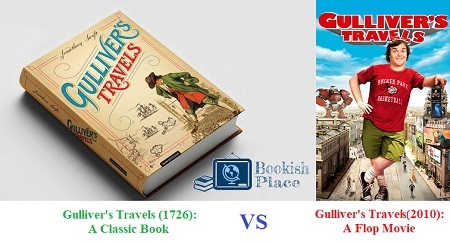
Another challenge is finding the right tone and style, as books can be written in a variety of styles, from lyrical and poetic to straightforward and simple. Filmmakers may make changes to the story or characters that alter the tone or style of the original work, resulting in a movie that feels different from the book. Inner thoughts and emotions, which are extensively described in books, can be difficult to convey visually, leading to clunky or awkward voiceovers or other techniques.
Lastly, some movies fail to capture the essence of the book simply because they are not faithful to the original work, as filmmakers may make changes that are not in line with the author’s vision.
Overall, adapting a book to a movie is a challenging task that requires balancing various elements such as condensing the story, finding the right tone, conveying inner experiences, and staying faithful to the original work. However, when done well, a movie adaptation can provide a fresh perspective on a beloved story and introduce new audiences to the world of the book.
How Movies Can Enhance or Detract from the Reading Experience
Movies can impact the experience of reading books in both positive and negative ways. While a well-made movie adaptation can bring a story to life in a new way and provide new insights into the characters and settings, it can also limit your imagination and leave out important details or changes that affect the overall meaning of the story
A movie adaptation can enhance the reading experience by providing a visual representation of the story and bringing new nuances to the characters and events. On the other hand, movies can detract from the reading experience by limiting the reader’s imagination and leaving out important details or changing aspects of the story that affect its overall meaning. When a movie adaptation leaves out a key subplot or character, the story may feel incomplete, and if it changes the ending of the story, it can alter the entire meaning of the book.
Ultimately, the decision to read a book or watch a movie adaptation is a personal one and depends on the individual’s preferences and the specific book and movie in question.
Does Reading the Book First Ruin the Movie Experience?
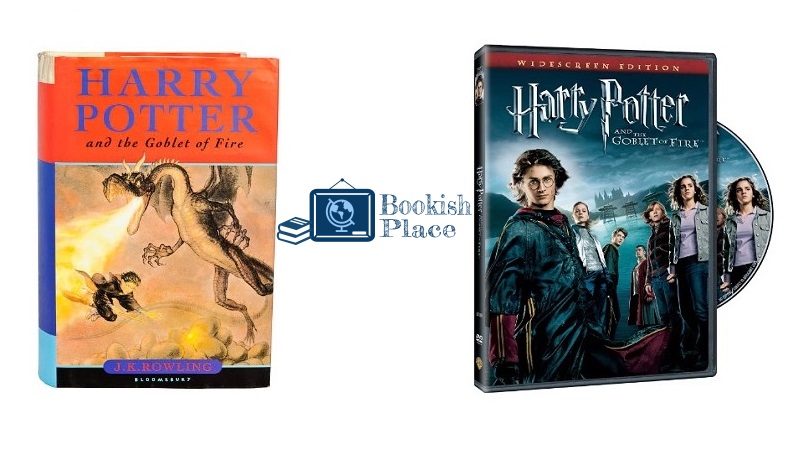
The debate over whether reading the book before watching the movie adaptation ruins the movie experience has been ongoing. Some people believe that knowing the story beforehand takes away the suspense and surprises that make movies enjoyable, while others argue that reading the book first enhances the movie experience.
Those against reading the book first argue that it takes away from the suspense and surprise of the movie and leads to constant comparison with the book. However, reading the book first can also provide a deeper understanding of the story and characters, making the story more meaningful and impactful. It can also help fill in gaps that are often left out in the movie adaptation. Movies have to condense the story, leaving out important details or subplots, which can leave viewers feeling confused or unsatisfied.
Ultimately, whether reading the book first ruins the movie experience is a matter of personal preference. It’s up to the individual to decide whether they want to read the book first or wait to see the movie without any prior knowledge of the story.
The Role of Directors and Screenwriters in Adapting Books for Film
Adapting a book into a film is a challenging task that requires a skilled director and screenwriter to bring the story to life on the big screen. They must carefully decide which elements of the book should be included in the movie, considering the pacing, structure, characters, and motivations, to ensure that the movie stays true to the spirit of the book while also being entertaining for moviegoers. Without understanding the psychology of movie watchers, a movie hardly gets success at the box office. The tone and mood of the book must also be captured in the movie adaptation, which can be particularly challenging when adapting books known for their unique style or voice.
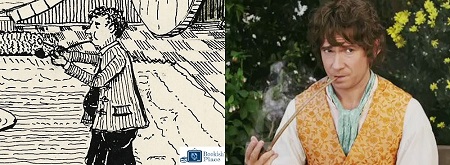
Practical constraints of the movie medium must also be considered, such as deciding which scenes and characters can realistically be portrayed on screen and which elements of the story may need to be altered or omitted to fit within the constraints of the movie format.
The success of a movie adaptation depends on the skill and creativity of the director and screenwriter, who must work together to craft a cinematic experience that stays true to the book while also being engaging for moviegoers. When done well, a movie adaptation can bring a beloved book to life in a new and exciting way, creating a powerful and memorable cinematic experience.
The Future of Books and Movies: Will One Outlast the Other?
The future of books and movies is uncertain, and it is difficult to predict which medium will outlast the other.
Books have been around for centuries and provide an immersive experience, allowing readers to engage with the story and characters. They have a wide range of genres and subject matter, making them accessible to a broad audience. On the other hand, movies offer a unique cinematic experience that cannot be replicated by any other medium. They visually immerse viewers in the story and characters and can reach a wider audience through mass distribution in theaters and online streaming platforms.
However, concerns remain about the future of both mediums. The rise of e-books and audiobooks and the decline of traditional print books are concerns for the book industry, while the decline of movie theaters and the rise of streaming services are affecting the movie industry.
Despite these concerns, both books and movies have shown resilience over time. While the formats may change, the desire for stories and entertainment will always be present. It is likely that both mediums will coexist in the future, with each offering its unique benefits to audiences.
Conclusion
The debate between books and movies will continue as both have their unique advantages and disadvantages, and the choice depends on personal preference. While books provide an immersive experience and movies offer a unique cinematic experience, the impact of movie adaptations on book sales and the role of directors and screenwriters in the adaptation process is crucial. Both books and movies have influenced and inspired each other, but some movies fail to capture the essence of the book.
Ultimately, both mediums have a place in our cultural landscape, and it’s important to celebrate and appreciate their unique benefits while enjoying the stories and characters they bring to life.
So, Keep Watching and Be Bookish!

Dennis K. Hawkins is a writer, blogger, book critic and bookish person. He has written several books and regularly write blogs. As a bookish, he reads a lot and regularly share his opinion regarding books. Besides, he has a huge collection of unique accessories related to book. So, he is an expert and also a real user of the book accessories that he chooses to write on.

